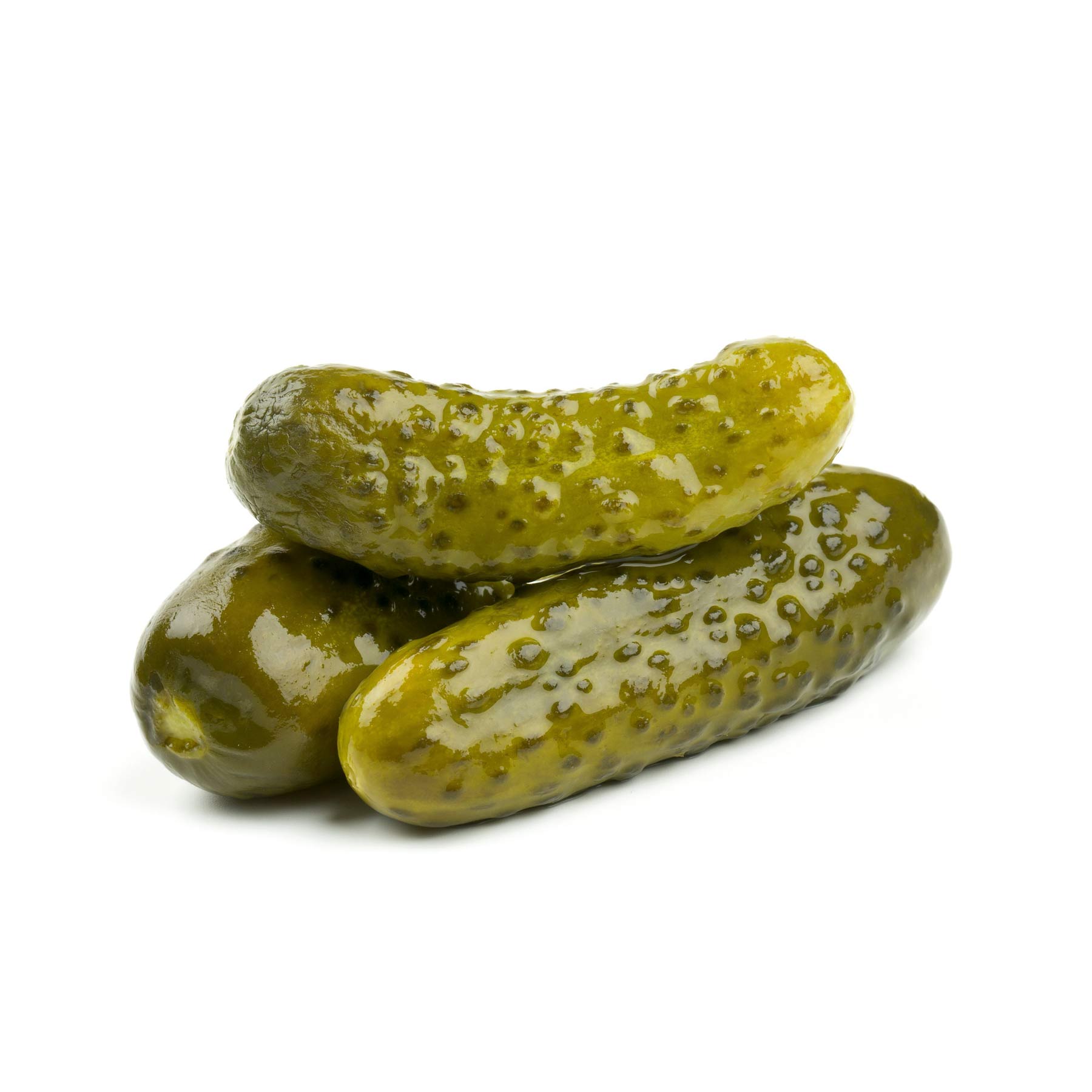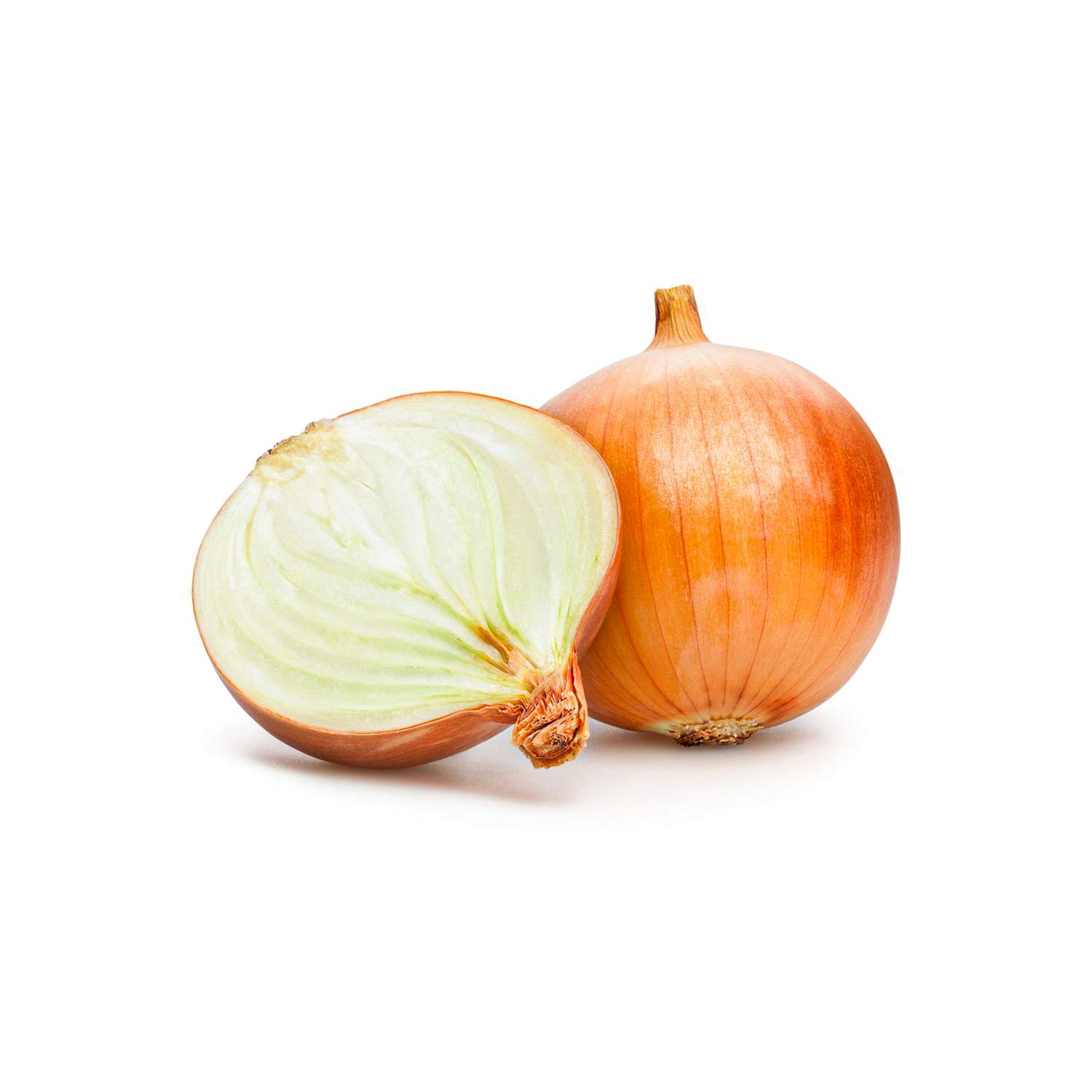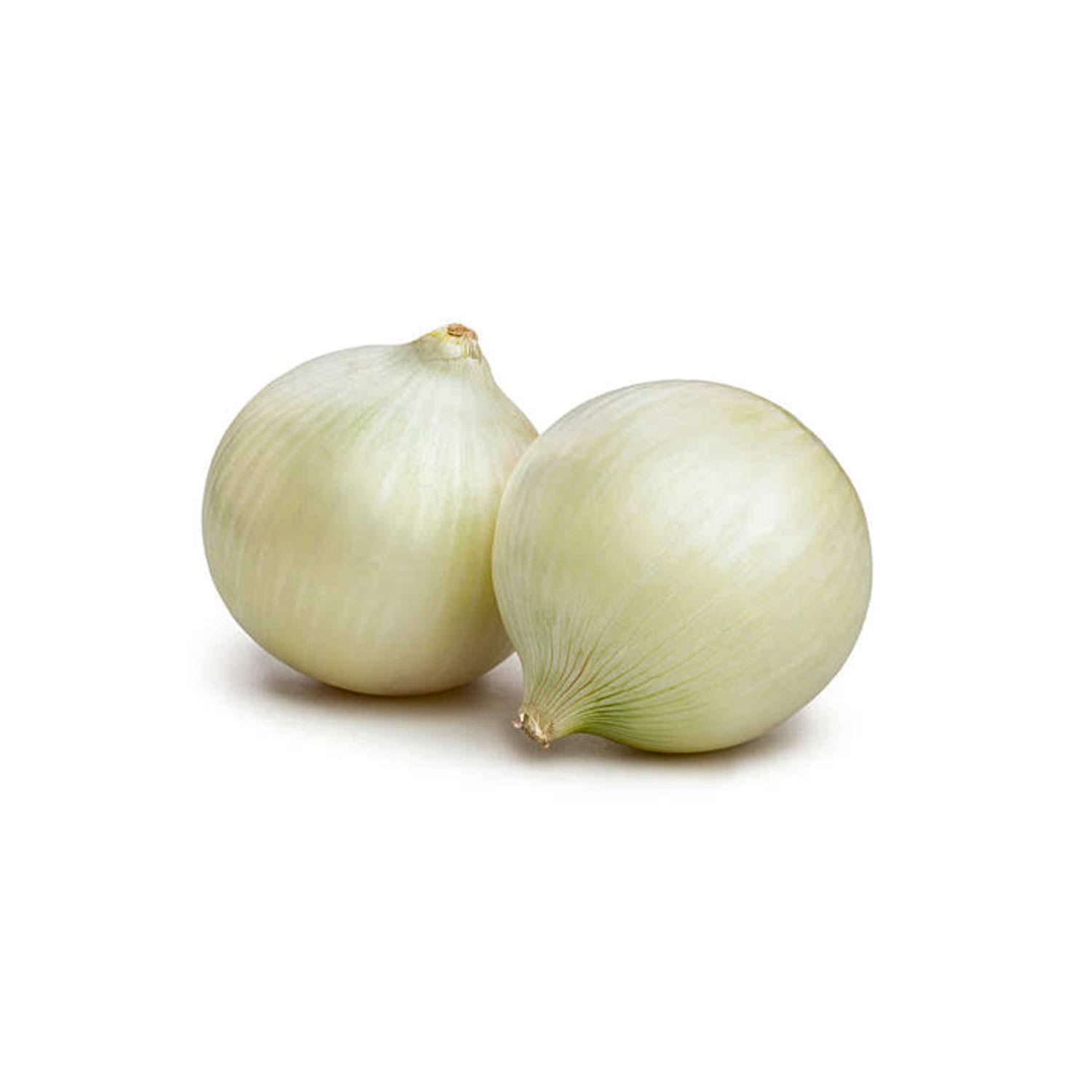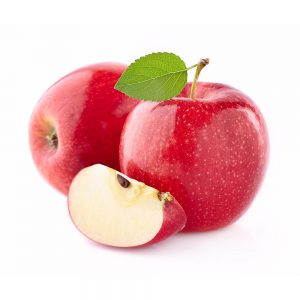Are Pickles Good for You? Exploring the Health Benefits and Considerations
Pickles, a popular snack and condiment around the world, are often debated for their health benefits. Made by fermenting cucumbers in brine or vinegar, pickles have a unique flavor and a range of potential health benefits. But are pickles good for you? In this article, we’ll dive into the nutritional value of pickles, their health benefits, and some considerations to keep in mind.
What Are Pickles?
Pickles are cucumbers that have been preserved in a solution of salt, water, and sometimes vinegar. The fermentation process not only gives them their tangy taste but also adds beneficial bacteria, particularly in naturally fermented varieties. Pickle can vary widely in their nutritional content based on how they are prepared.
Health Benefits of Pickles
Pickles, particularly those made through natural fermentation, can offer several health benefits. They are low in calories, rich in certain vitamins and minerals, and can even contribute to gut health.
Probiotic Powerhouse
One of the key benefits of naturally fermented pickle is their probiotic content. Probiotics are beneficial bacteria that support a healthy gut microbiome, which is crucial for digestion, immune function, and overall well-being.
Supporting Gut Health
The probiotics in pickle help maintain the balance of good bacteria in your gut, which can aid in digestion and reduce the risk of gastrointestinal issues. This can be especially beneficial for those with digestive disorders or those looking to boost their immune system.
Low-Calorie Snack
Pickles are an excellent low-calorie snack option. A single medium-sized pickle typically contains only about 4 calories, making it a guilt-free addition to your diet.
Managing Weight
For those looking to manage their weight, pickle can be a satisfying snack that helps curb hunger without adding significant calories to your diet. They can be a great addition to a balanced diet when consumed in moderation.
Rich in Antioxidants
Pickles contain antioxidants, particularly vitamin C and beta-carotene, which are known for their role in protecting the body from oxidative stress and supporting overall health.
Boosting Immunity
The antioxidants in pickle help neutralize free radicals in the body, reducing the risk of chronic diseases and supporting a healthy immune system. Regular consumption of antioxidant-rich foods, including pickle, can contribute to long-term health benefits.
Considerations When Eating Pickles
While pickle do offer several health benefits, there are also some considerations to keep in mind. The high sodium content and potential for added sugars in some varieties can be a concern for certain individuals.
Watch the Sodium Levels
Pickle are typically high in sodium, with one medium pickle containing about 570 milligrams of sodium, which is roughly 25% of the recommended daily intake. Consuming too much sodium can lead to high blood pressure and other health issues.
Moderation is Key
To enjoy the benefits of pickle without the negative effects of excessive sodium, it’s important to consume them in moderation. Opt for low-sodium varieties if you’re concerned about your salt intake, or enjoy pickle as an occasional treat rather than a daily snack.
Added Sugars in Sweet Pickles
Some pickle, particularly sweet varieties, may contain added sugars. While these pickle can satisfy a sweet tooth, they also add extra calories and can impact blood sugar levels.
Choose Your Pickles Wisely
When shopping for pickle, check the labels for added sugars and opt for options with minimal or no added sugars. This can help you enjoy the health benefits of pickles without unnecessary calories or spikes in blood sugar.





